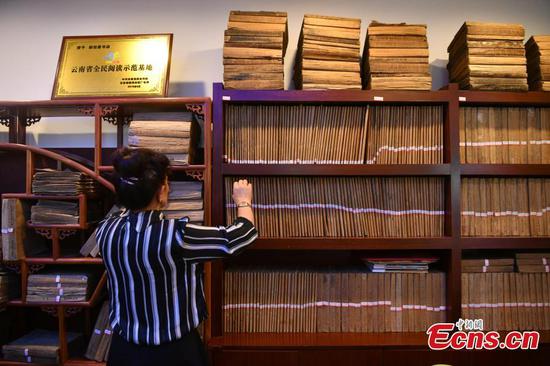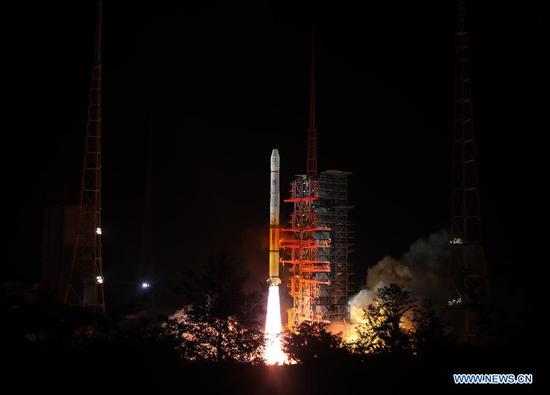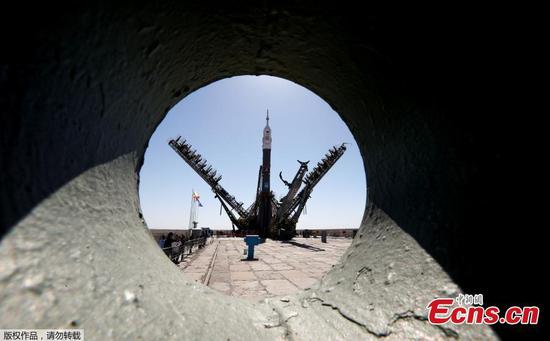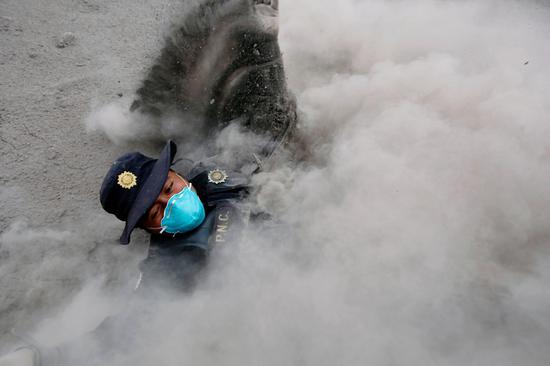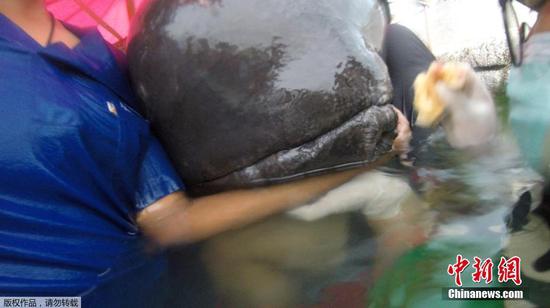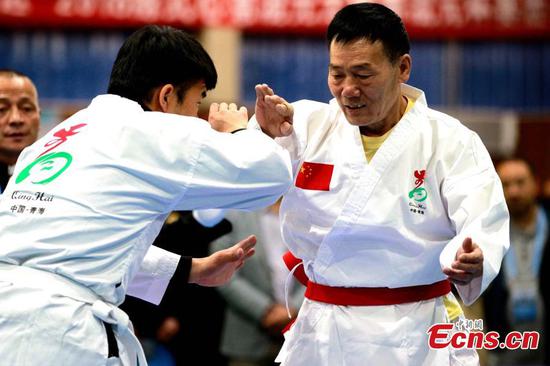III. The SCO is indispensable for building the Belt and Road.
Proposed by Chinese President Xi Jinping in 2013, the Belt and Road Initiative comprises the Silk Road Economic Belt and the 21st Century Maritime Silk Road, and aims to build trade and infrastructure networks connecting Asia with Europe and Africa along and beyond the ancient Silk Road routes.
As all SCO countries are situated along the Belt and Road routes, the organization is an "indispensable platform" for implementing the initiative, according to the report.
Firstly, the mutual trust that has been accumulated over the years between China and other SCO members is helpful for their cooperation over Belt and Road projects. Secondly, as a regional cooperation mechanism, the SCO can provide a number of cooperation platforms for discussing and implementing Belt and Road projects. Thirdly, in addition to its eight member states, the SCO also has six dialogue partners and four observer states, all of which can participate in building the Belt and Road.
In addition, the SCO can serve as a platform for China to align its Belt and Road Initiative with development strategies of other member states, such as Russia's Eurasia Economic Union and Greater Eurasian Partnership programs, Kazakhstan's Strategic Development Plan 2025 and Bright Path program, Uzbekistan's program for Modernization and Diversification of Production in 2015–2019, Tajikistan's National Development Strategy 2016-2030 and India's National Monsoon Mission.
All these strategies must be carried out in an open international market, the report says, noting that SCO countries can achieve win-win cooperation and coordinated development by aligning their development plans.
IV. The SCO has contributed to maintaining security and stability in northwest China.
Committed to maintaining peace, security and stability in the region, the SCO has been making joint efforts to crack down the "three evil forces," namely terrorism, extremism and separatism.
The organization has established multi-layered, comprehensive and effective mechanisms in security cooperation. In June 2001, member states signed the Shanghai Convention on Combating Terrorism, Separatism and Extremism. In January 2014, the SCO Anti-Terrorism Center opened in Tashkent, capital of Uzbekistan. At the Astana summit last year, the SCO Anti-Extremism Convention was adopted. By the end of 2017, the SCO had held over ten joint anti-terror drills under names such as "Peace Mission" and "Tianshan."
Security cooperation within the SCO framework has helped China maintain security and stability in its northwestern region, where the so-called "East Turkistan Islamic Movement" launched more than 200 terrorist attacks from 1990 to 2001. Among the terrorist group's 50 branches in the 1990s, over 40 were active outside China. Since the foundation of the SCO, the "East Turkistan Islamic Movement" has been significantly weakened and its direct contact with overseas terrorist forces has been reduced, according to the report.
Moreover, the SCO is expanding security cooperation to battles against drug trafficking, transnational organized crime, arms trafficking and illegal migration, benefiting all member states.
SCO countries can also work together to ensure security along the Belt and Road routes, the report indicates.
By Wang Lei









